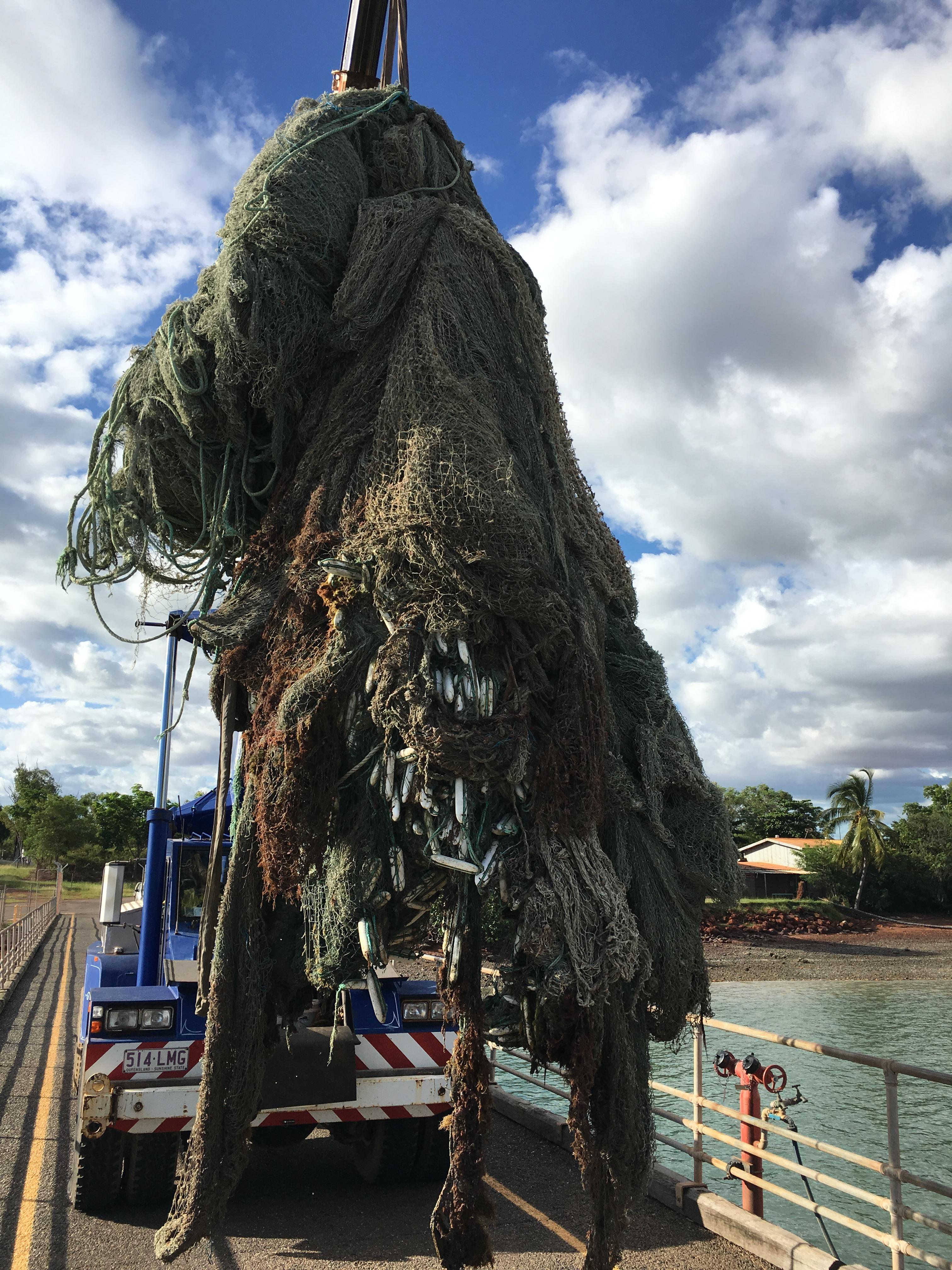Illegal, Unreported and Unregulated (IUU) fishing operations are highly organised, mobile and elusive. IUU fishing operations can arise in situations where there is weak governance or a lack of capacity to undertake effective monitoring, control and surveillance (MCS) because resources are limited or the area to be surveilled poses other challenges.
MCS operations are an integral part of effective and sustainable fisheries management. MCS operations include traditional enforcement activities, as well as information sharing, analysis of data and implementation of legislative instruments.
The UN Food and Agriculture Organisation (FAO) definition of MCS is:
- Monitoring: “the continuous requirement for the measurement of fishing effort characteristics and resource yield”;
- Control: “the regulatory conditions under which the exploitation of the resources may be conducted”;
- Surveillance: “the degree and types of observations required to maintain compliance with the regulatory controls imposed on fishing activities”.
AFMA works closely with its partners to enhance regional coordination and responses to IUU fishing. AFMA supports a strategic risk-based approach to identifying areas to focus collective MCS efforts.
Examples of MCS measures currently implemented by AFMA include: issuance of fishing licences, maintenance of a record of fishing vessels, implementation of vessel monitoring systems (VMS), implementation of electronic monitoring (EM) systems, observer programmes, boarding and inspection measures, port State measures, training and education of officers in MCS operations, MCS data and analyses, and facilitating regional MCS cooperation.
Stakeholder engagement
AFMA works with a number of partners to ensure delivery of effective MCS activities across the region. These partners, comprising domestic and international stakeholders, include:
- Australian Government departments and agencies, such as the Department of Foreign Affairs and Trade, Department of Agriculture, Fisheries and Forestry, Department of Defence and Maritime Border Command
- global law enforcement agencies, such as INTERPOL
- intergovernmental fisheries agencies. For example: IFMOs, the Commission for the Conservation of Antarctic Marine Living Resources, the Pacific Islands Forum Fisheries Agency and the Secretariat of the Pacific Community
- foreign governments
- environmental non-government organisations.
Case Study - Ghost nets
Abandoned, lost or otherwise discarded fishing gear, sometimes known as ‘ghost nets’, are a global problem and present a major risk to the marine environment and safe navigation within Australian waters.
AFMA works with other agencies and the maritime industry to address the operational challenges of locating, recovering and disposing of these nets in a manner that mitigates a range of threats (biosecurity, navigational hazards, threats to marine life including protected species). The net pictured below is a typical net used by foreign fishing vessels. These nets are pelagic (surface) gill nets which can be hundreds of metres in length capable of entangling marine life including fish, sharks and turtles. The nets are generally found in the northern part of the Australian Fishing Zone (AFZ) ranging from Broome in Western Australia to the Torres Strait in Queensland. Generally, these nets are lost or abandoned in waters outside Australian jurisdiction in countries to the north of Australia and drift into the AFZ.
